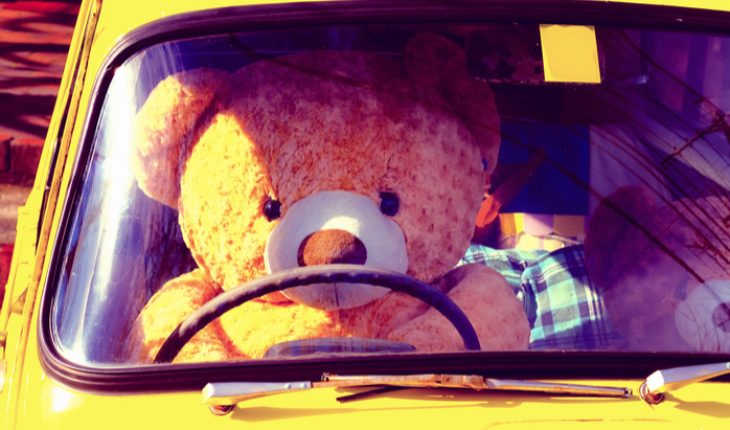We have changed the law to ban smoking in cars to protect our children, but where is the law to save them from toxic air pollution inside vehicles?
By now, if you are a pedestrian or cyclist you are probably aware that traffic pollution is a danger to your health, but there is one group of people who are perhaps more at risk; children in cars.
Numerous studies have shown how high pollution levels are in cars. A study in Copenhagen found that a driver actually breathed in higher amounts of pollution than a cyclist on the same road.
Numerous studies have shown how high pollution levels are in cars. A study in Copenhagen found that a driver actually breathed in higher amounts of pollution than a cyclist on the same road.
For the cyclist, the emissions dissipated into the wider atmosphere which reduced their exposure but for the car driver, these emissions were circulated and built up in the cabin.
The government’s latest estimates suggest that 80 per cent of harmful pollution at the roadside in the UK is coming from cars, vans and buses. This pollution is hugely damaging for our health – tiny particles and poisonous gases are able to travel deep into our lungs and recent studies have shown they can get into our bloodstream. For children whose lungs are still developing, these emissions are even more dangerous. They can stunt the growth of their lungs and leave them with permanent lung damage.
On average, we spend about 1.5 hours a day in our cars. What many drivers probably don’t realise is these fumes can be just as high in your car as they are outside, and in some cases, even higher.
On average, we spend about 1.5 hours a day in our cars. What many drivers probably don’t realise is these fumes can be just as high in your car as they are outside, and in some cases, even higher.
The oldest cars out there are the most polluting, particularly diesel ones. Children sitting in the back seat of these vehicles are likely to be exposed to dangerous levels. You may be driving a cleaner vehicle but your children are sitting in a box collecting toxic gases from all the vehicles around you.
In recent years, we have taken major steps to protect children from breathing in second hand smoke in cars. Alongside the British Lung Foundation, parents across the UK demanded the government bring in new legislation to ban smoking in cars with children. In a 2014 survey nearly 80% of adults and 64% of smokers supported the ban and MPs overwhelmingly voted for it. So why are we still happy for our children to breathe in toxic emissions in the back of our cars?
Whilst it might feel like you can wind up your windows and seal yourself into the safety of your car, that’s far from the case. Cars have a constant through-flow of air even with all the windows shut. Air enters through a large duct at the front of the car and is forced through the car. In heavy traffic, this duct would be sucking up the polluted air from the car in front. Of course, this will differ depending on the make and the model of the car.
But one thing is for sure, being in your car does not make you or your children immune to the deadly effects of air pollution. The best thing for all our health is to leave our cars behind.
It’s been shown that the health benefits of walking and cycling far outweigh the costs of breathing in pollution.
The next government urgently needs to make cleaner alternatives – hybrids, electric vehicles, walking and cycling – the easiest and cheapest options for us all. By bringing in a targeted diesel scrappage scheme they could help many more people make greener and healthier choices. They should also run a public awareness campaign that makes sure we all know when and how pollution is impacting our health. If more drivers knew the damage they could be doing to their children, I think they’d think twice about getting in the car.
- Children in cars at risk from air pollution - 30th June 2017







